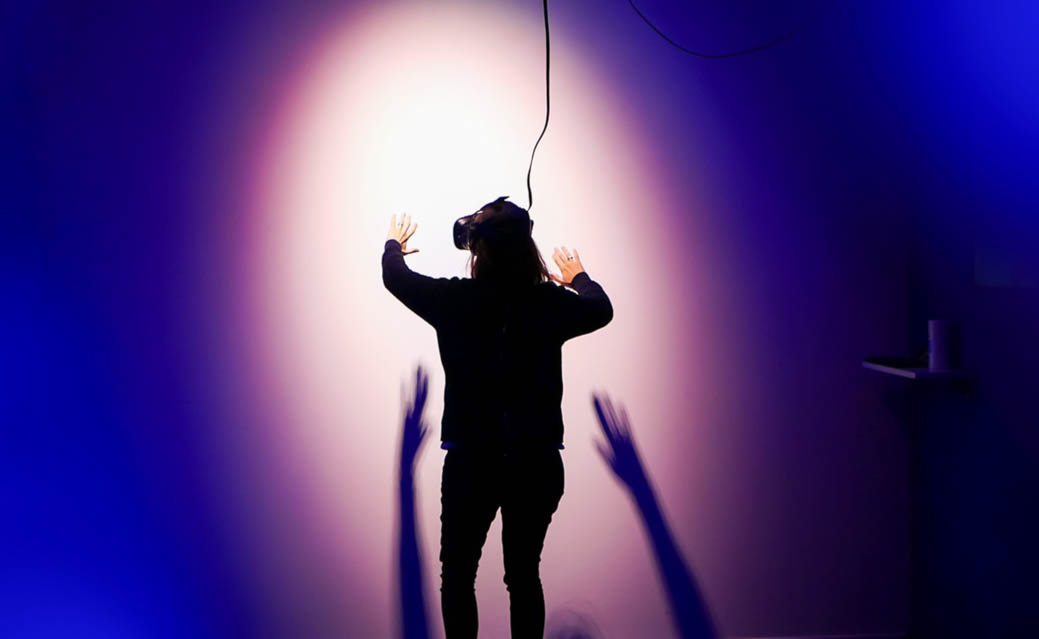The Metaverse: A virtual utopia?
Over exposure to a virtual reality can lead to overstimulation, addiction, and detachment from reality.
For those that might not know about the metaverse, this three-dimensional virtual world is concentrated on social interactions online. People can customize their own avatar that reflects who they are or wish to be. According to the Metaverse, we would be able to “socialize, learn, collaborate, and play” in the 3D cyberspace.
Many companies have invested in avatar formatting, gaming, and collaborative spaces since the beginning of the Covid-19 pandemic. Large companies such as Microsoft initiated a Mesh For Hololens 2, Canadian company Shopify created a game, Shopify Party, for people to gather online and host events. While metaverse seems similar to these other tech companies, it is the future of advanced technology.
Some argue this new reality creates a liberating space where we all are equal. But there is still injustice in this new digital world, such as racism, sexism, misogyny, and homophobia—which are forms of discrimination found in reality. The metaverse world reflects who people are. People on social media platforms like Facebook are notorious for cyberbullying, and it is an important matter for capitalist companies like Meta to work toward dismantling prejudices in a virtual world.
Metaverse is a space to socially interact with other members online but lacks the nuances of in-person interaction. And some experts like child and adolescent psychiatrist Veysi Çeri say that prolonged presence in the online world can lead to “real problems on the mental, emotional and physical development process” for children and adolescents. This is especially important for small children who find it a challenge to differentiate between the virtual and real world.
Spending hours in the metaverse can cause addiction because metaverse technology simulates reality to the point where people won’t feel like they’re in the digital world. This causes physical and social depersonalization and disturbs the physical and emotional bond of people to real life. People detach from their own life and potentially develop mental illness.
In my opinion, the metaverse concept has been pushed too far. Phones and social media are already addicting. We’re heading in the wrong direction if we popularize virtual reality-rooted technology that overstimulates. As social creatures, we need in-person interactions with one another. Considering the negative implications of overstimulation, addiction to technology, and detachment from reality, the metaverse is clearly a recipe for disaster.
Associate Opinion Editor (Volume 48) — Haya Abu Ghosh is a fourth-year student double majoring in English and Political Science. When I am not doing any school work, I love going out with friends to coffee shops and dining in restaurants to socialize. My passions include but are not limited to reading, writing, sketching, binge-watching Netflix TV shows, taking pictures of nature and talking about politics (do not get me started talking about the Palestinian-Israeli conflict, Indigenous injustices, Uyghur Muslims in China and many more topics).


